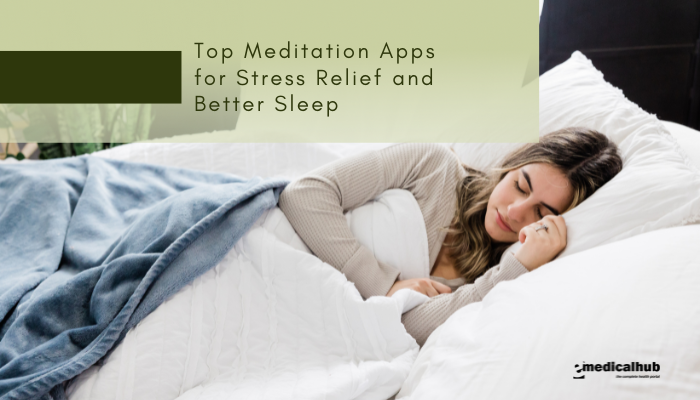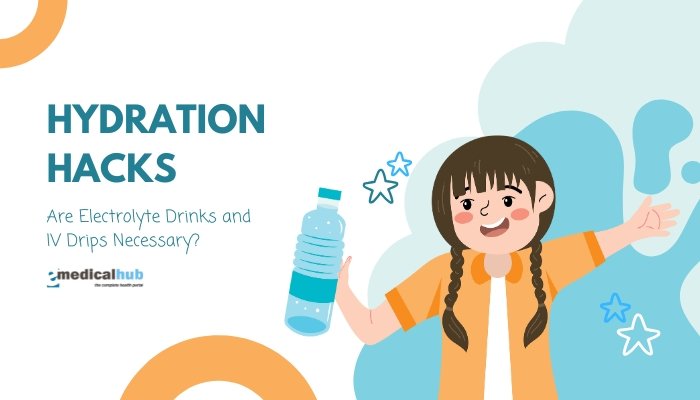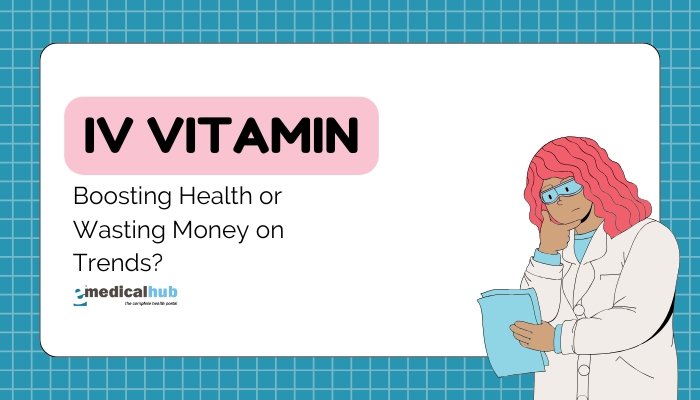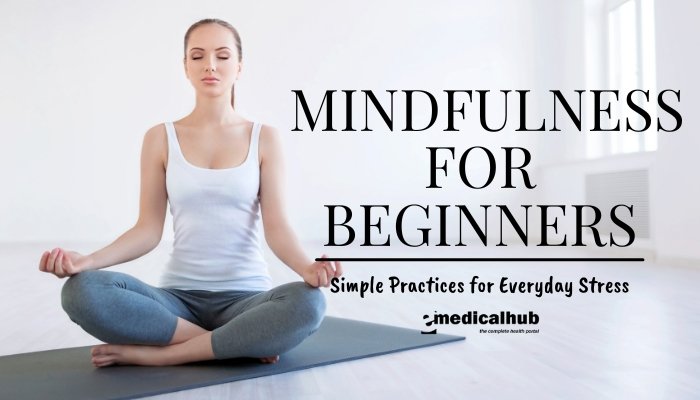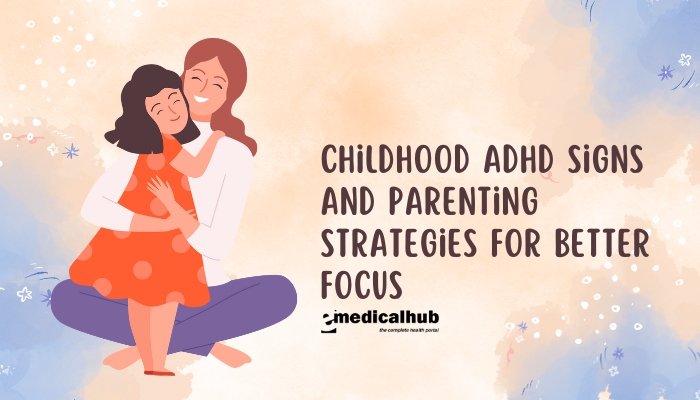Introduction
In today’s world of fast-paced routines, constant digital connectivity, and a never-ending stream of work responsibilities, stress and insomnia have become all too common. Finding time to center ourselves, calm our racing minds, and get restful sleep can be challenging, making meditation apps an appealing solution.
From guided mindfulness sessions to sleep stories and ambient soundscapes, these apps put personalized relaxation tools literally at your fingertips.
But with so many meditation and sleep apps flooding the market, how do you choose the right one? This article offers an overview of some top-rated meditation apps designed to reduce stress and improve sleep quality. We’ll discuss their distinguishing features, user-friendliness, types of content, pricing, and tips for integration into your daily or nightly routine.
Whether you’re a seasoned meditator or an anxious insomniac seeking your first foray into mindfulness, these apps can provide a convenient step toward better mental health and restful slumber.
Disclaimer: The recommendations here are based on general usage and reviews. Individual experiences vary, and none of these apps replace professional mental health care if you have serious or persistent stress or sleep issues. Consult a qualified healthcare provider if problems worsen.
Why Use Meditation Apps for Stress and Sleep?
- Guided Instruction: Apps offer curated lessons suitable for beginners, explaining basic techniques and providing step-by-step sessions to maintain focus.
- Accessibility: You can practice nearly anywhere—on your commute, before bed, or on a break—without needing a class or teacher.
- Variety of Techniques: Options range from mindfulness-based stress reduction (MBSR) and breathwork to progressive muscle relaxation and visualizations.
- Progress Tracking: Many apps let you log sessions, track streaks, or monitor improvements in mood and sleep patterns over time.
- Sleep-Focused Features: Many apps specifically address insomnia or trouble winding down at night, using soothing voices or stories to lull you to sleep.
Key Features to Look For
Guided Meditations
High-quality meditation apps generally offer sessions spanning different durations (5, 10, 20+ minutes) and focus areas (anxiety reduction, focus, gratitude). Look for teachers or guides with calm, clear vocal delivery, plus mindful exercises suited to your goals.
Sleep Stories and Soundscapes
If better sleep is your priority, apps with bedtime stories, ambient music, or nature sounds can help mask intrusive thoughts. Some include:
- Bedtime Tales: Soothing narrations that ease mental chatter.
- White Noise or Nature Tracks: Rain, ocean waves, forest ambience to create a relaxing environment
Customizability
A flexible interface allows you to pick session length, difficulty, or your favored type of meditation (e.g., mindful breathing, body scan). This personalization keeps you engaged.
Offline Access
If you travel often or want to disconnect, check if the app supports downloading content for offline use.
Price and Subscription Options
Free trials are standard, but advanced features often require monthly or annual fees. Some provide limited daily freebies, while others have tiered memberships.
App Overviews
Below are some top meditation and sleep apps widely praised for user experience, range of content, and accessibility.
Headspace
Platform: iOS, Android, Web
Pricing: Offers free basics, subscription for full library
Notable Features
- Beginner-Friendly Courses: “Basics” pack introduces fundamentals of mindfulness in a structured series.
- Focus on Mindfulness: Short daily meditations, advanced packs for stress, anxiety, relationships, and more.
- Sleepcasts: 45- to 60-minute audio bedtime experiences blending storytelling and ambient sound.
- Animations: Engaging visuals that clarify meditation principles.
Pros:
- Clear, sequential approach for novices.
- Wide variety of guided sessions.
- Polished, user-friendly interface.
Cons:
- Premium subscription is somewhat pricier if you want full, ongoing access.
- Content library, while broad, might not suit advanced meditators seeking deeper/different styles.
Calm
Platform: iOS, Android, Web
Pricing: Limited free content, subscription for premium library
Notable Features
- Calming Soundscapes and Music: Rich library of nature recordings and relaxing music for focus or bedtime.
- Celeb-Narrated Sleep Stories: Actors, authors, or celebrities reading gentle tales to promote dozing off.
- Multi-Day Programs: The “7 Days of Calm,” “21 Days of Calm,” etc., for structured progression.
- Daily Calm: A fresh 10-minute guided meditation each day for consistent practice.
Pros:
- Emphasis on sleep, with diverse story genres and melodic backgrounds.
- Mindful breathing exercises and journaling prompts included.
- Visually appealing app design.
Cons:
Insight Timer
Platform: iOS, Android, Web
Pricing: Mostly free, optional premium membership
Notable Features
- Largest Free Library: Thousands of guided meditations from various teachers, plus music tracks.
- Community-Focused: User ratings, reviews, discussion groups.
- Timer with Ambient Sounds: For self-guided silent meditation or customizing intervals.
- Sleep Meditations and Music: Dedicated categories for bedtime sessions.
Pros:
- Extensive free content; high user control.
- Excellent for exploring many teaching styles (from Zen to mindfulness to breathwork).
- Allows community interaction or live events with teachers.
Cons:
Ten Percent Happier
Platform: iOS, Android
Pricing: Subscription after free trial
Notable Features
- Secular, Science-Based Approach: Founded by journalist Dan Harris, focusing on mindful meditation for skeptics.
- Structured Courses: Taught by top meditation experts.
- Podcast Integration: Additional content from the Ten Percent Happier podcast.
- Sleep Tools: Bedtime meditations, wind-down routines.
Pros:
- Great for individuals who prefer pragmatic, no-frills explanations of mindfulness.
- Pairs well with its motivational content about real-life challenges.
- Good for stressed professionals.
Cons:
- Less variety in background music or stories; it’s more talk-based.
- Some users might prefer more “spiritual” or “creative” content, which is less Ten Percent’s style
Wysa and Other AI-Powered Chatbots
Platform: iOS, Android
Pricing: Some free features, premium add-ons
Notable Features
- Conversational Chatbot: Provides emotional support, basic CBT exercises, and stress management tips.
- Mood Tracking: Logs daily emotional states and triggers.
- Guided Mindfulness: Quick sessions for anxiety or tension relief.
Pros:
- Interactive approach can feel more personalized.
- Helps with journaling or tracking, especially if you’re pressed for time.
- Some revolve around bedtime stories or sleep coaching as well.
Cons:
- Not strictly a meditation app; less direct guidance on mindfulness postures or detailed audio sessions.
- AI chatbots can’t replace actual therapy if severe issues arise.
Using Meditation Apps for Stress Relief
Creating a Consistent Routine
- Pick a Time: Many see benefits from a morning session to start the day calmly, or an evening session to de-stress before bed.
- Short Sessions: Start with 5–10 minutes if you’re new. Gradually increase as comfort grows.
- Practical Reminders: Use app notifications or incorporate it into existing daily habits (e.g., after brushing teeth).
Combining Techniques
Mindfulness-based meditations help control stress by anchoring attention on the present moment. For direct relaxation, certain sessions incorporate body scans or breathing exercises. Additionally:
- Cognitive Reframing: Some meditations might address negative thoughts or re-labelling stress as manageable.
- Progressive Muscle Relaxation: A method often included in guided sessions to systematically release tension.
Ongoing Self-Awareness
Note changes in mood or anxiety levels after consistent usage. If you find minimal benefit from one style, try different app teachers or subject areas (e.g., “Managing Anxiety,” “Work Stress,” “Mindful Self-Compassion”).
Leveraging Meditation Apps for Better Sleep
Sleep-Focused Content
Many meditation apps have specialized bedtime content:
- Sleep Stories: Calm and Headspace produce a variety of quiet narratives with gentle background music.
- Soothing Soundscapes: Sea waves, rainforest storms, or gentle chimes can drown out mental chatter.
- Guided Sleep Meditations: Encouraging progressive relaxation from toes to head, quieting the mind for rest.
Additional Tips for Nighttime Use
- Wind-Down Routine: Listen to a short “unwinding from the day” session or journaling prompt 30 minutes before bed.
- Screen Use: Using an app on a phone or tablet means potential blue light. Set devices to night mode or place them out of direct sight if possible.
- Avoid Over-Stimulation: If choosing a stimulating story or intense breathwork, it might keep you alert. Select genuinely calming content at bedtime.
Assessing Sleep Changes
- Sleep Diary: Alongside using an app, track how long it takes you to fall asleep, any awakenings, and morning feeling.
- Pair with Good Sleep Hygiene: Regulate caffeine intake, keep consistent bedtimes, ensure a dark, cool bedroom environment.
Realistic Expectations and Pitfalls
Mindfulness Is a Skill
It takes time to see real changes. Consistent daily or near-daily practice might yield better resilience against stress, but overnight transformations are unlikely.
Over-Fixation on App Usage
Too many guided sessions can become distracting or an added chore. Balance guided sessions with self-led practice or silent meditation to deepen awareness.
Possible Overreliance
These apps can complement professional help but shouldn’t replace therapy or medical advice if you struggle with severe anxiety, clinical depression, or chronic insomnia. If issues persist, consult a healthcare provider.
Additional Self-Care Tools and Integrations
Journaling or Gratitude App
Pair daily meditation with a short gratitude or reflection practice. Some meditation apps incorporate journaling prompts or let you note your mood. This synergy fosters deeper introspection.
Movement-Based Relaxation
Yoga, tai chi, or qigong also help release tension. Many meditation apps now incorporate gentle stretching or mindful movement videos.
Sleep Trackers
Wearables or smartphone-based sleep apps can measure changes in sleep duration, quality, or heart rate variability. Over time, you might see data correlating consistent bedtime meditation with fewer awakenings or deeper sleep stages.
Frequently Asked Questions (FAQ)
- I tried meditation before and got bored or anxious – will an app fix that?
Guided sessions can help novices maintain focus and reduce self-consciousness. Yet some initial restlessness is normal. Gradual exposure, short durations, or different instructors might help. - Are these apps effective for severe insomnia?
They can be supportive for mild to moderate issues, but persistent or severe insomnia might require structured treatments like CBT for insomnia (CBT-I). Check if an app offers a specialized CBT-I program. - Is it safe to use meditation apps during pregnancy or with certain mental conditions?
Generally, mindful meditation is safe, but if you have significant mental health conditions, consult a professional to ensure the approach suits your needs. - Are there free meditation apps that work?
Yes. Insight Timer offers a wide range of free meditations. Others provide limited free content. The best app is the one you regularly use and resonates with your style. - Do I need headphones or can I do it out loud?
Some prefer headphones for immersive sound, especially for sleeping in a shared room. Others just play the audio if environment noise is minimal.
Conclusion
Meditation apps have surged in popularity because they address two pervasive needs: managing stress and improving sleep. By providing guided sessions, tracking, and often a sense of community or streak-based motivation, these apps encourage a consistent mindfulness practice that might be elusive otherwise. Brands like Headspace, Calm, Insight Timer, Ten Percent Happier, and Wysa illustrate the range of styles and features, from comprehensive multi-step courses to specialized bedtime stories or AI chatbots for emotional support.
Yet, success with these apps depends on realistic expectations, dedicated usage, and synergy with other healthy habits—like good sleep hygiene and balanced scheduling. Users should remain aware that advanced mental health challenges may require therapy or medical oversight. If that’s not the case, or if you simply want daily stress relief or a tool to wind down at night, these meditation apps can provide an accessible, cost-effective route. By finding a comfortable routine and exploring different features and teachers, you might discover new tranquility, better rest, and heightened resilience to life’s demands.
References
- Goyal M, et al. Meditation programs for psychological stress and well-being: A systematic review and meta-analysis. JAMA Intern Med. 2014;174(3):357-68.
- Huberty J, Eckert R, Larkey L, et al. Smartphone-based meditation for stress and anxiety in the US general population: A pilot trial. J Med Internet Res. 2021;23(2):e26786.
- Varma P, Love AR, Rieder M, et al. Efficacy of app-based mindfulness meditation for insomnia. Sleep Health. 2019;5(4):317-322.
- Alqahtani F, Orji R. Insights from user reviews to improve mental health apps. PLoS One. 2020;15(7):e0235316.
- Howells A, Ivtzan I, Eiroa-Orosa FJ. Putting the ‘app’ in happiness: A systematic review of mindfulness apps. JMIR Mhealth Uhealth. 2016;4(3):e3119.
- https://www.headspace.com
- https://www.calm.com
- https://insighttimer.com
- https://www.tenpercent.com
- Cushing CC, Steele RG. Evidence-based obesity management for primary care. Child Adolesc Psychiatr Clin N Am. 2014;23(3):531-548. (Cites digital interventions for mental health)
- Wasil AR, Venturo-Conerly KE, et al. A review of chatbots in mental health. J Technol Behav Sci. 2022;7:129–143.
- American Psychological Association. Effects of mindfulness meditation on mental health: Systematic reviews. 2020.

